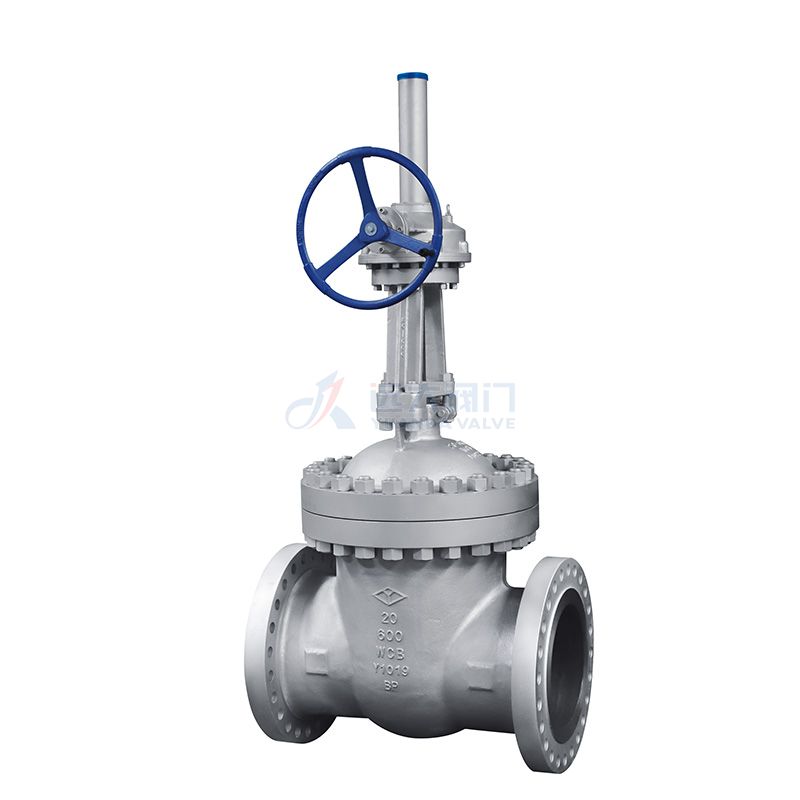In petrochemical plants, valves must withstand high pressure, high temperature, corrosive media, and complex flow dynamics. Yet, valve failures remain one of the leading causes of unplanned shutdowns and safety incidents in the industry. This article explores the most common valve failures in petrochemical applications and how to avoid them by choosing the right solutions—backed by Yuanda Valve Group's robust engineering, quality materials, and manufacturing standards.
Seat or seal wear
Corrosion, erosion, or improper material selection
Improper installation or thermal expansion
Use Yuanda API 600 Cast Steel Gate Valves and ANSI/GB Standard Globe Valves with metal-seated or graphite-sealed structures for high-integrity sealing
Choose corrosion-resistant trims such as 13Cr, CF8M, or Stellite
Yuanda valves undergo 100% pressure and tightness testing to ensure zero-leak performance

High-velocity flow
Throttling without proper design
Abrasive or corrosive fluids
Specify control-grade Globe Valves with erosion-resistant seats
For critical flows, Yuanda offers custom hard-facing trim or multi-stage throttling design
Use API 6D Ball Valves with hard-coated or full-bore design to reduce turbulence